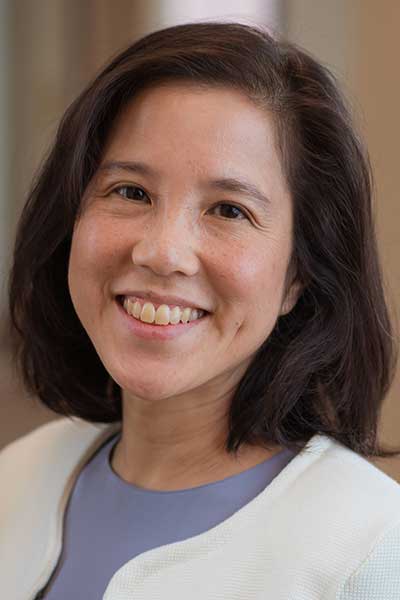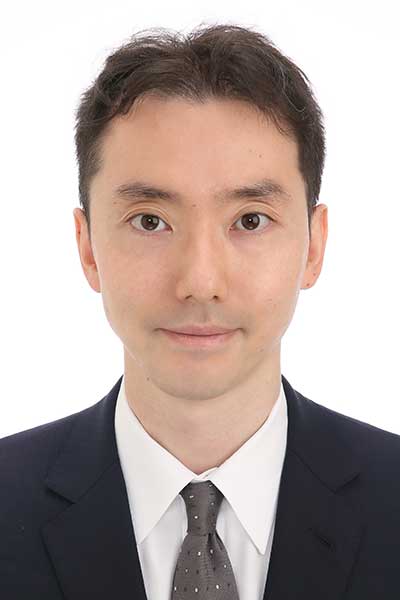The proliferation of biobanks presents researchers and providers with an almost overwhelming amount of information, and resources, such as machine learning, are allowing rheumatologists in Japan and the United States to harness the data to answer some important questions in the treatment of rheumatic disease.

Investigators will describe developments and present new data during Genotype to Phenotype: Towards Integration of Genetics and Clinical Medicine on Wednesday, Nov. 15, from 8–9 a.m. PT in Room 31A-C of the San Diego Convention Center. The session will be available on demand within 24 hours for registered ACR Convergence 2023 participants.
“Traditionally when we conducted genetic association studies, we would have a cohort with a few phenotypes or outcomes to study. Biobanks with both genetic data and clinical data from electronic health records (EHRs) on millions of patients give us the opportunity to study the relationship between genes and multiple conditions or phenotypes,” said Katherine Liao, MD, MPH, Associate Physician at Brigham and Women’s Hospital and Associate Professor of Medicine and Bioinformatics at Harvard Medical School in Boston, who will discuss leveraging hospital-based biobanks and machine learning for personalized medicine for those living with rheumatic disease.
Dr. Liao will present new data from the VA Million Veteran Program, which investigated the association between millions of genetic variants and over 2,000 health characteristics in 800,000 veterans.
“I plan to distill out some of our rheumatic and muscular data to show how large biobanks can be used to inform us about rheumatic disease and provide some hypothesis-generating data for the audience,” added Dr. Liao, Past Chair of the ACR Research and Publications Subcommittee, which provided guidance for the ACR’s Rheumatology Informatics System for Effectiveness (RISE) registry, the largest EHR-enabled rheumatology registry in the U.S.
“In rheumatoid arthritis (RA) we have a lot of effective treatments, such as abatacept, etanercept, and tocilizumab, but we have very little information on which treatment will be most effective for which patient. In the EHR, we have data on the treatments that each patient was prescribed or tried,” Dr. Liao explained.
Researchers were able to identify 3,000 unique paths or sequences of medications tried in a sample of 5,600 patients.
“Our first step was to understand whether patients could be grouped by the medications they tried and ultimately stayed on,” Dr. Liao said. “Our next step is to understand whether genetics can help us understand which medication sequence path a patient is more likely to take.”

Yukinori Okada, MD, PhD, Professor at the University of Tokyo and Osaka University, Japan, will explain how statistical genetics can elucidate biology and personalized medicine in rheumatology.
“We want to show how the Japanese College of Radiology (JCR) and the ACR collaborate to present the latest results in the same field in immunotherapy and briefly introduce how human genetics and trans-omics have been contributing to elucidating the biology of RA,” said Dr. Okada, who is also a past member of the JCR’s Committee for International Communications.
Dr. Okada will present data from last year’s landmark “Multi-ancestry genome-wide association analyses identify novel genetic mechanisms in rheumatoid arthritis,” published in Nature Genetics, which explored more than 150 genetic variants associated with RA in more than 270,000 individuals.
Dr. Okada also expects to present new data.
“We’re not just explaining our previous publications, but also showing new possibilities to encourage more young people who have an interest in this field, who expect more collaboration,” he explained.

Registered ACR Convergence 2024 Participants:
Watch the Replay
Select ACR Convergence 2024 scientific sessions are available to registered participants for on-demand viewing through October 10, 2025. Log in to the meeting website to continue your ACR Convergence experience.
